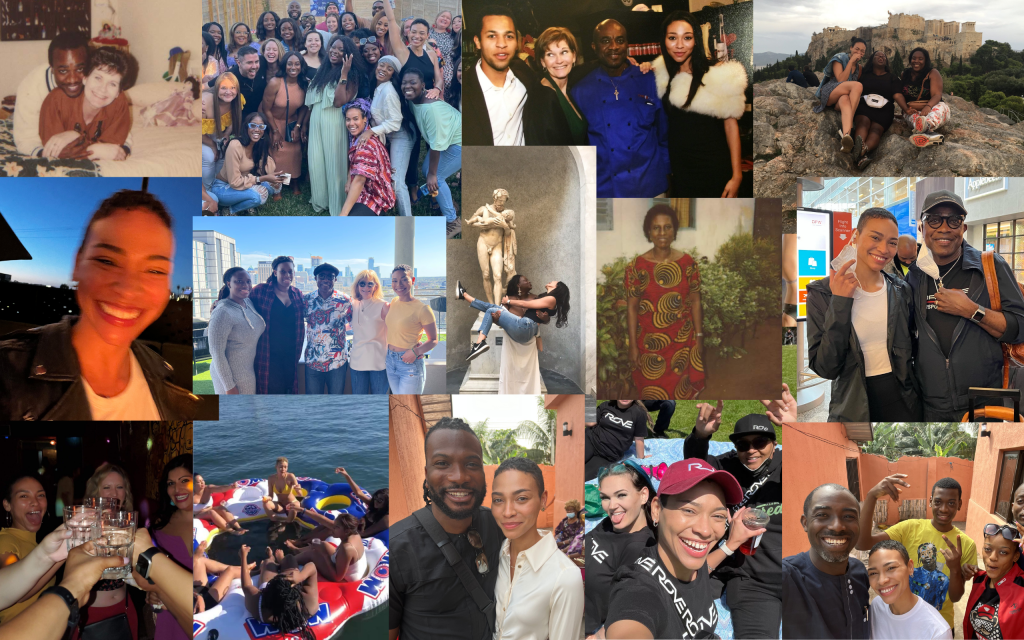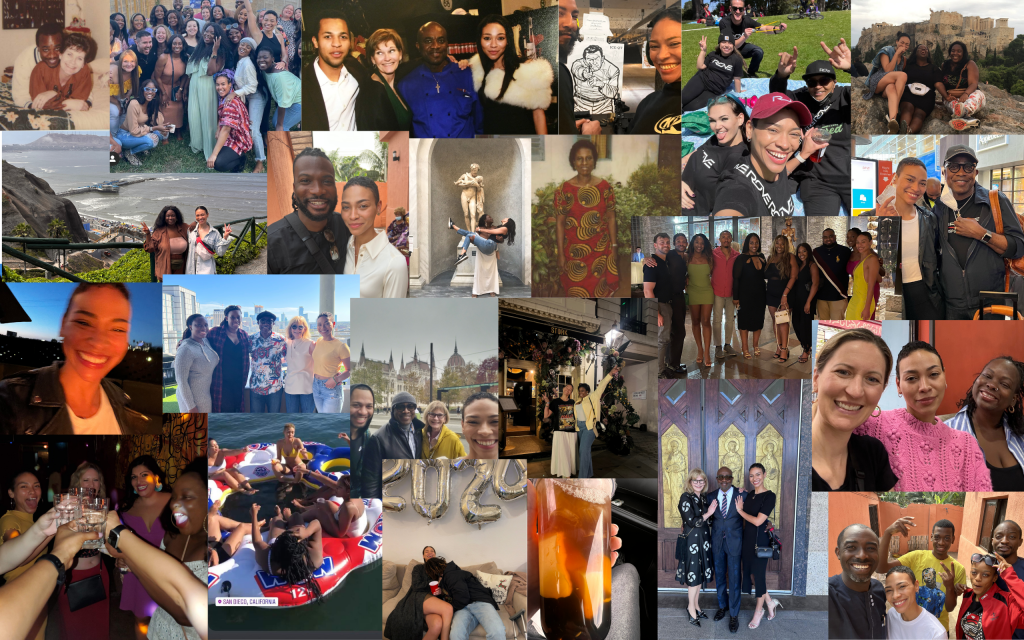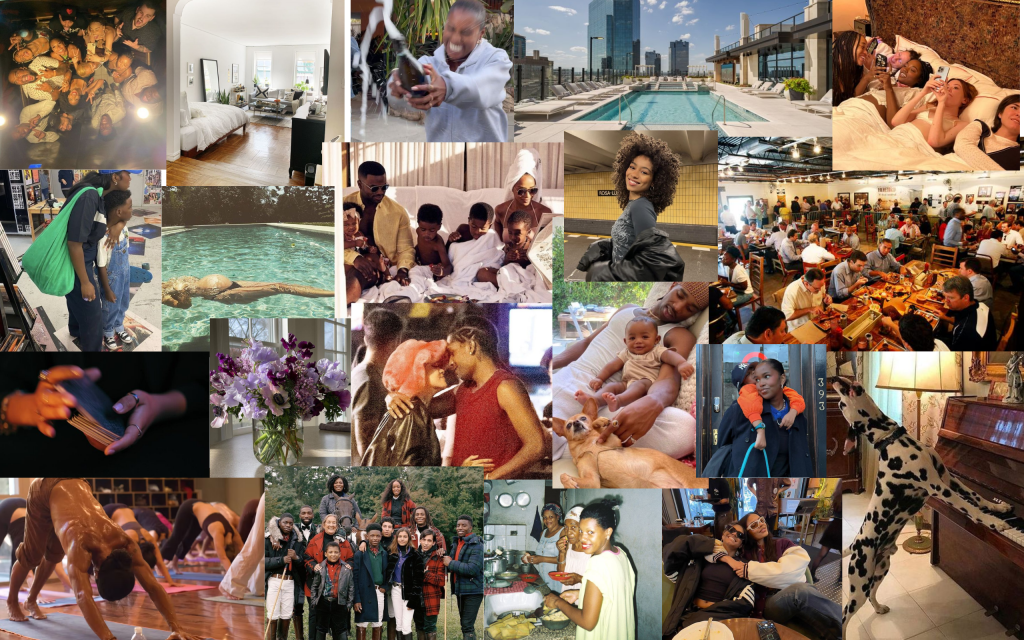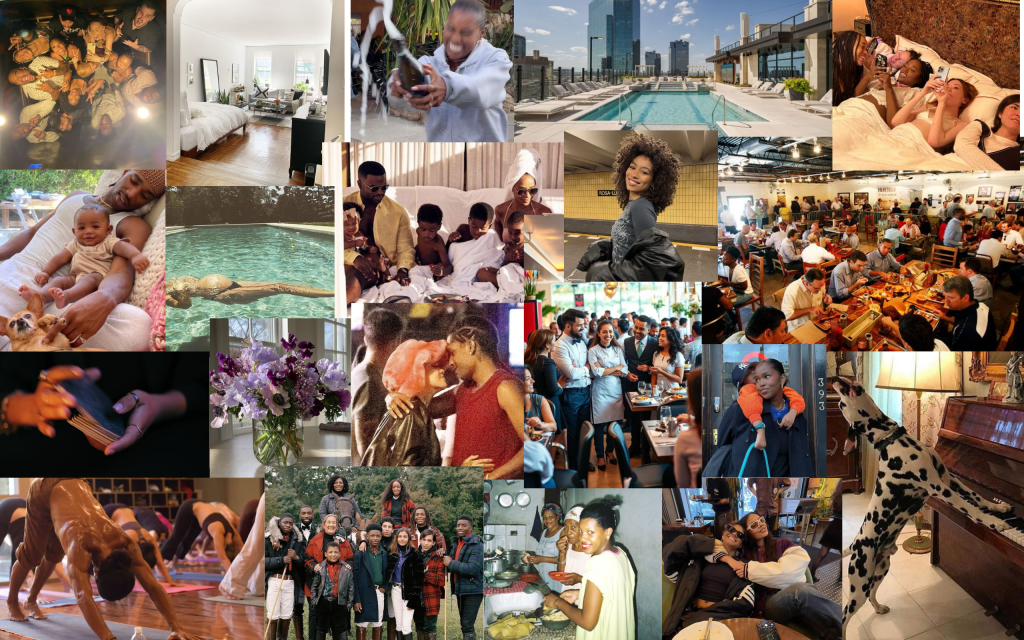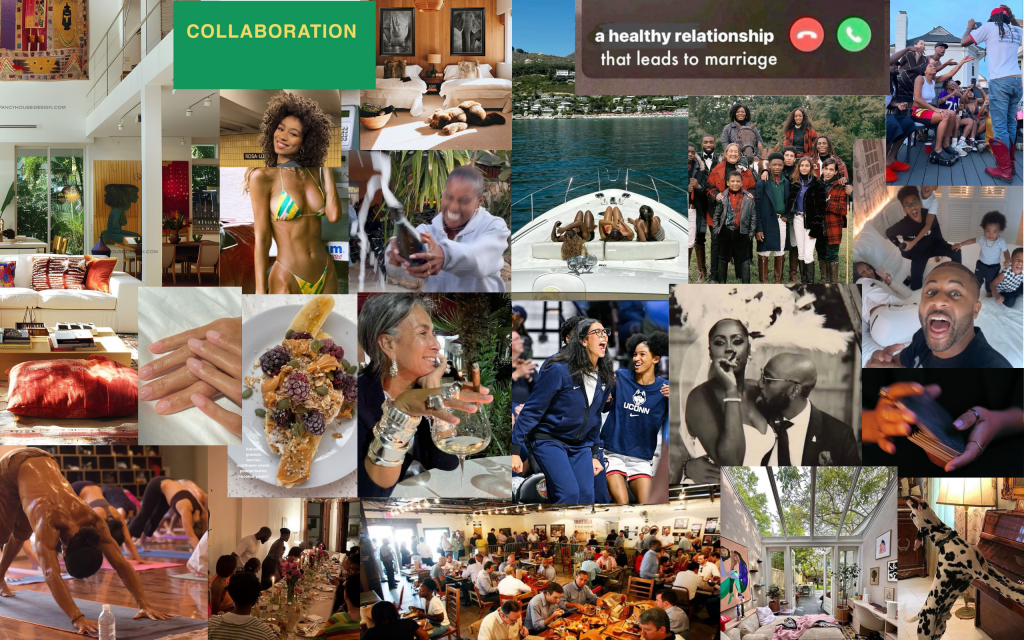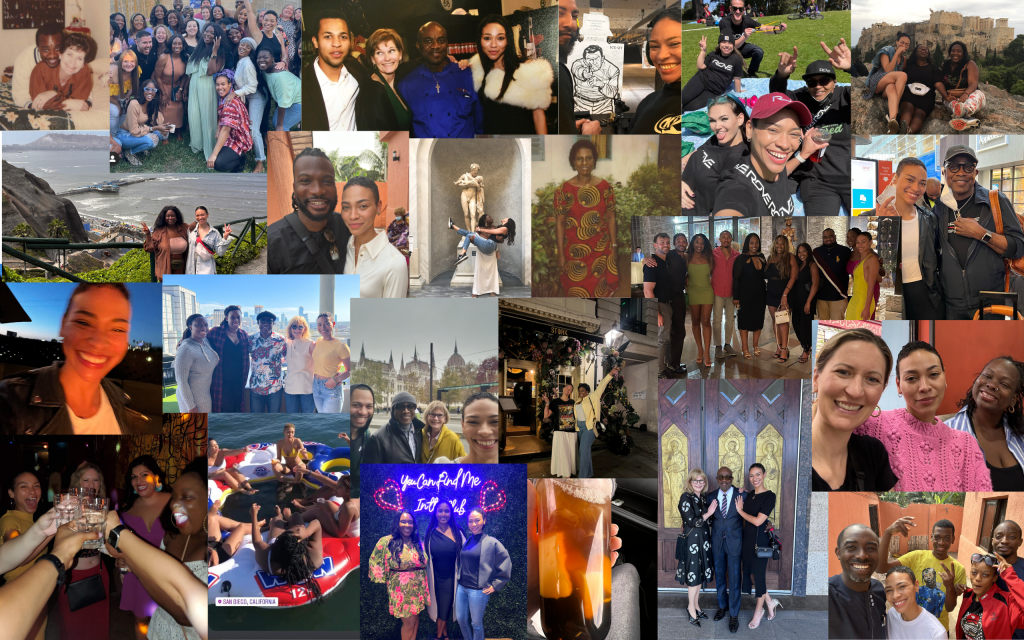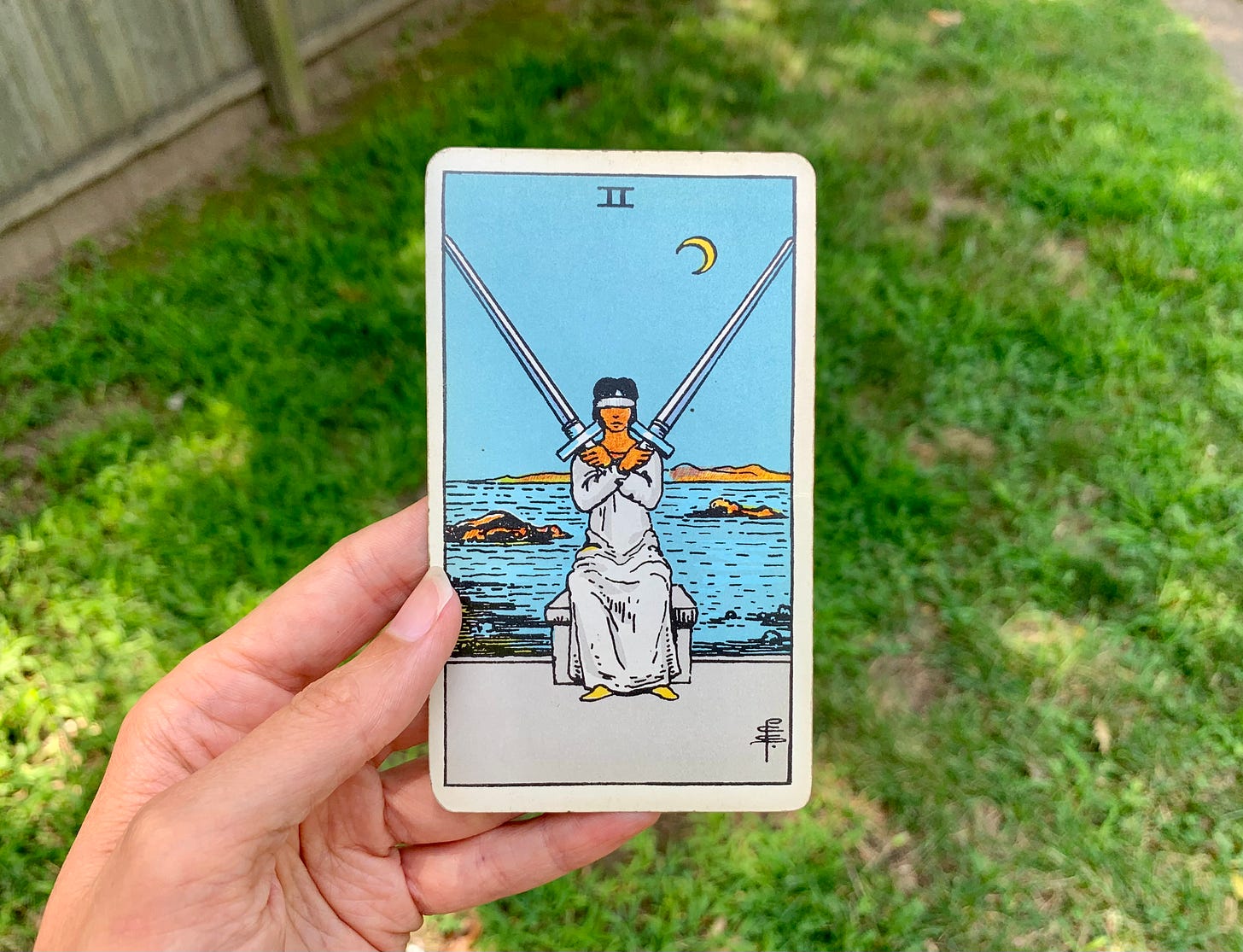EARTHSEED: GOD IS CHANGE
From Parable of the Sower and Parable of the Talents
by Octavia E. Butler
All that you touch
You Change.
All that you Change
Changes you.
The only lasting truth
Is Change.
God
Is Change.
God is Power—
Infinite,
Irresistible,
Inexorable,
Indifferent.
And yet,
God is Pliable—
Trickster,
Teacher,
Chaos,
Clay.
God exists
To be shaped.
God
Is Change.
Change
Is the one unavoidable,
Irresistible,
Ongoing reality
Of the universe.
To us,
That makes it
The most powerful reality,
And just another word
For God.
Create no images of God.
Accept the images
That God has provided.
They are everywhere,
In everything.
God is Change—
Seed to tree,
Tree to forest;
Rain to river,
River to sea;
Grubs to bees,
Bees to swarm.
From one, many;
From many, one;
Forever uniting,
Growing,
Dissolving—
Forever Changing.
The universe
Is God’s self-portrait.
We do not worship God.
We perceive and attend to God.
We learn from God.
With forethought and work,
We shape God.
In the end,
We yield to God.
We adapt
And endure.
Belief
Initiates and guides action—
Or it does nothing.
A gift of God
May sear
Unready fingers.
Here we are—
Energy,
Mass,
Life,
Shaping life,
Mind,
Shaping Mind,
God,
Shaping God.
Consider—
We are born
Not with purpose,
But with potential.
Your teachers
Are all around you.
All that you perceive,
All that you experience,
All that is given to you
Or taken from you,
All that you love or hate,
Need or fear
Will teach you—
If you will learn.
God is your first
And your last teacher.
God is your harshest teacher:
Subtle,
Demanding.
Learn
Or die.
A victim of God may,
Through learning adaptation,
Become a partner of God.
A victim of God may,
Through forethought and planning,
Become a shaper of God.
Or a victim of God may,
Through shortsightedness and fear,
Remain God’s victim,
God’s plaything,
God’s prey.
When apparent stability disintegrates,
As it must—
God is Change—
People tend to give in
To fear and depression,
To need and greed.
They divide.
They struggle—
One against one,
Group against group—
For survival,
Position,
Power.
There is no end
To what a living world
Will demand of you.
To survive,
Let the past
Teach you—
Past customs,
Struggles,
Leaders and thinkers.
Let them inspire you,
Warn you,
Give you strength.
But beware:
God is Change.
Past is past.
What was
Cannot
Come again.
To survive,
Know the past.
Let it touch you.
Then let
The past
Go.
Self is.
Self is body
And bodily perception.
Self is thought,
Memory,
Belief.
Self creates.
Self destroys.
Self learns,
Discovers,
Becomes.
Self shapes.
Self adapts.
Self invents
Its own reasons for being.
To shape God,
Shape Self.
Choose your leaders
With wisdom and forethought.
To be led by a coward
Is to be controlled
By all that the coward fears.
To be led by a fool
Is to be led
By the opportunists
Who control the fool
To be led by a thief
Is to offer up
Your most precious treasures
To be stolen.
To be led by a liar
Is to ask
To be told lies.
To be led by a tyrant
Is to sell yourself
And those you love
Into slavery.
Beware:
Ignorance
Protects itself.
Ignorance
Promotes suspicion.
Suspicion
Engenders fear.
Fear quails,
Irrational and blind,
Or fear looms,
Defiant and closed.
Blind,
Closed,
Suspicious,
Afraid—
Ignorance
Protects itself,
And protected,
Ignorance grows.
Beware:
At war
Or at peace,
More people die
Of unenlightened self-interest
Than of any other disease.
Kindness
Eases change.
Love
Quiets fear.
And a sweet and powerful
Positive obsession
Blunts pain,
Diverts rage,
And engages each of us
In the greatest,
The most intense
Of our chosen struggles.
Embrace diversity.
Unite—
Or be divided,
Robbed,
Ruled,
Killed
By those who see you as prey.
Embrace diversity
Or be destroyed.
There is no end
To what a living world
Will demand of you.
That’s all anybody can do now.
Live.
Hold out.
Survive.
I don’t know whether good times
Are coming back again.
But I know that won’t matter
If we don’t survive
These times.
The child in each of us
Knows paradise.
Paradise is home.
Home as it was
Or home as it should have been.
Paradise is one’s own place,
One’s own people,
One’s own world,
Knowing and known,
Perhaps even
Loving and loved.
Yet every child
Is cast from paradise—
Into growth
And new community,
Into vast, ongoing
Change.
Change
Is the one unavoidable,
Irresistible,
Ongoing reality
Of the universe.
To us,
That makes it
The most powerful reality,
And just another word
For God.
The destiny of Earthseed
Is to take root
Among the stars.
God
Is Change.


